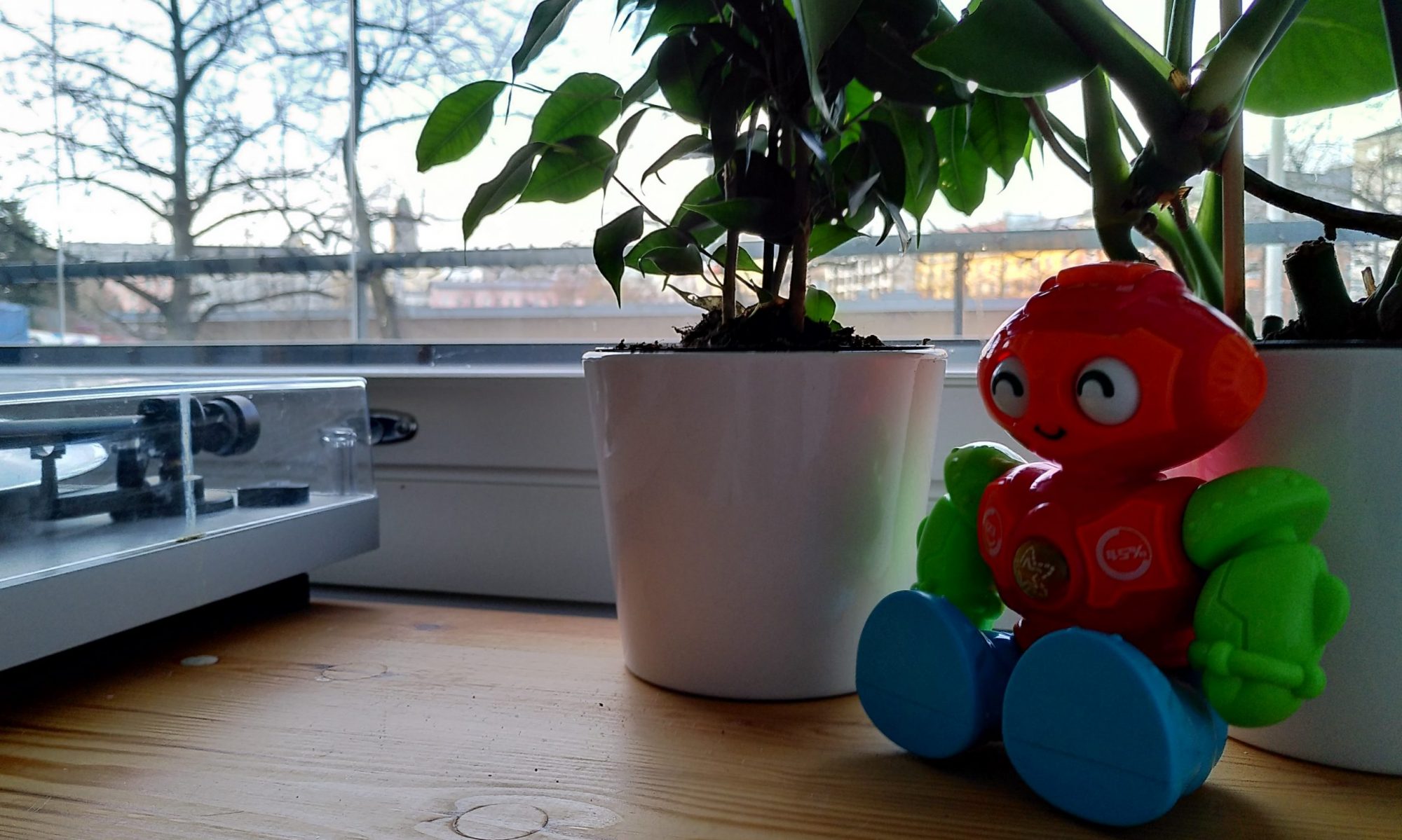My article on the role of different social contexts and the implications of the social interplay for mobility experiments has been published online in Sociological Research Online. Here’s a brief summary of the article.
In recent years, experimentation has been adopted as a means to find new ways to steer consumption in a more sustainable direction. In this regard, small initiatives and experiments that encourage the participation of various stakeholders and raise general knowledge on the issue in question have proved valuable. As part of this development, a growing number of ‘home lab’ and ‘pioneer household’ projects are being deployed. In these projects, participants’ homes are seen as ‘living laboratories’ in which researchers, family members, and other stakeholders (such as non-governmental organisations (NGOs) and companies) collaborate in innovation processes in real-world settings. Also in Finland, a variety of projects have employed the idea of recruiting a small number of households to act as examples of more sustainable everyday life.
This article presents the results of a home lab experiment in Jyväskylä, Finland. In the project, five households aimed to reduce their natural-resource use to a more sustainable level by a variety of trials. The article takes daily mobility as the starting point of the analysis and illustrates how mobility practices are connected to surrounding practices and thus to the different social contexts within which these practices are performed.
The outcomes of the mobility trials in the five households studied depended on both the connectedness of mobility with other everyday activities and also the social dynamics in the various sites where these practices were performed. The most relevant contexts in mobility were those of home (or family), work, neighbourhood, leisure time activities, and social media. Moreover, the results demonstrate how similar trials work in different ways when conducted in different contexts: for students, for example, private car ownership is seldom considered an intrinsic part of their normal standard of living, whereas in some work communities the use of a car is self-evident and unquestionable – unless alternative forms of mobility are explicitly justified in terms of exercise or activism. Moreover, awareness is required of the context of the experimentation itself and the expectations set by the project in question (see also Heiskanen et al. 2018).
However, contexts and life situations change, and these changes often have implications for daily mobility. Experiments can act as ‘windows of opportunity’ by enabling households to deliberate on their mobility routines from a new perspective, challenge the prevailing standards, and experiment with alternative solutions (see also Laakso 2017). The participants in the five households became more skilful at and committed to changing their everyday lives, as the experiments provided not only new competences, such as the ability to use public transport or engage in carpooling, but also new understandings and reflexivity related to sustainability and what a change in lifestyle would look like. Although the changes in mobility practices were in some cases temporary, the new competences enabled the participants to question, for example, car use when their housing situation changed, as the linkages and conflicts between practices had been revealed and opened for valuation.
Group-specific expectations created an additional obstacle to changing mobility practices: being a pioneer of sustainable mobility proved socially challenging in many situations. Even though the participants in this study were keen to test new ways of being mobile and the project team was there to provide tools and help, the project community and its support (or even pressure) was insufficient to allow the participants to risk losing the ‘approval’ of other people in their everyday contexts. Instead of challenging social expectations, it was sometimes easier simply to be ‘ordinary and just do the normal thing’ (see also Aro 2017). As people actively partake in the formation of collective assumptions on the successful performance of mobility practices, deviating from what is considered normal in a given context may evoke negative feelings: the households reported feelings of embarrassment, shame, and discomfort related to, for example, car sharing, and cyclists felt they were constantly required to justify their marginalised way of being mobile. However, the participants discussed their changed mobility practices in their workplaces, and they also had empowering experiences, such as gaining new competences in bus use and social interaction during bus trips. These daily negotiations about normality and acceptability, or the ‘micro-politics of practice’, are valuable for considering broader questions of governance and how practices can, or should, be shaped through interventions.
Experiments can thus sow the ‘seeds of change’ in communities (despite the experience of conflict), as home lab participants showcase alternative practices and question prevailing normalities. Nevertheless, home labs should not direct responsibility for the diffusion of practices solely to the individual participants; rather, they should focus on addressing underlying social norms, rules, and cultural conventions and providing knowledge of the ways practices are experienced by people and the interactions and identities that these practices sustain. It is increasingly important to identify the competences necessary for navigating contradictory norms, standards, and desires and to expose insufficient technologies or other elements underpinning stability or change in a given practice.
The findings are a reminder that experimentation is not an all-powerful solution for achieving sustainable lifestyles and that the sustainability goal cannot be achieved solely through isolated interventions. Rather, there is a need to go beyond the boundaries of consumption domains. Driving is rarely ‘just driving’; it is a practice connecting other everyday practices, such as working, being a supportive and active parent, meeting with family, or spending leisure time outside work. Changes in practices occur hand in hand with shifts in the infrastructures, institutional arrangements, and cultural conventions that reconfigure collective practice (see Evans et al. 2012). There is a need to change mobility practices not only within households but also in communities such as schools, workplaces, and municipalities – more attention should be paid to interlinked service-production and consumption practices.
